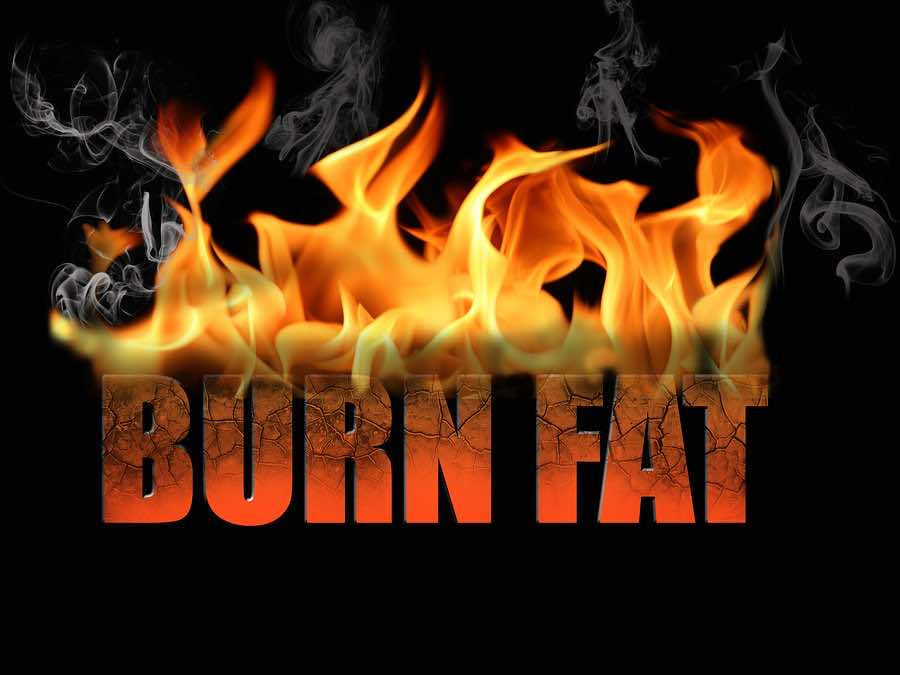Your Path to Weight Loss Success: The Ultimate Guide

Fat loss is what should be the outcome with weight loss
What affects weight loss?
Hormones
Leptin: This hormone tells you to stop eating, but dysregulation can cause overeating.
Insulin: High levels of insulin lead to increase fat storage and weight gain often seen in people with insulin resistance.
Proper thyroid function is crucial for weight control, as high levels lead to weight loss and low levels lead to weight gain.
Cortisol can help with short-term fat loss, but too much of it can lead to fat storage, especially around the abdomen. Visceral fat accumulation increases your risk of heart attacks and stroke.
Ghrelin: Known as the hunger hormone. Elevated levels cause over eating.
Metabolic syndrome is the most common medical disorder which causes dysregulation of these hormones. This is a short list, but there are many more hormones which contribute to the body's control of weight regulation.
Body temperature
The higher your body temperature and thermogenesis, the more calories you will burn. We can increase your body temperature by building muscle, getting adequate sleep and cold exposure.
Sleep
As long as you can maintain the quality of your sleep, you can manage stress, which helps regulate cortisol. As mentioned above, cortisol stimulates adrenaline, which burns fat and causes increased weight loss.
Sleep is necessary for muscle recovery. Muscle is one of the primary fat burners, especially when the muscle contains densely populated mitochondria.
Quality sleep optimizes insulin regulation and lower your blood sugar. Lower blood circulating levels of insulin causes weight loss.
A healthy circadian rhythm helps regulate appetite by balancing hormones and metabolism.
Essential fatty acids
- We need healthy fats for weight loss. There is a misperception that increasing fat intake will cause weight gain, but this is incorrect. The recommendation is for 1000 mg of healthy fats per day rich in omega 3s and 6s. These fats help with appetite suppression and eliminate hunger cravings.
- They assist in cell membrane stability, enabling efficient fat release and supporting hormone balance, metabolism, and thyroid function.
- Omega-3 fatty acids increase the rate at which the body burns stored fat for energy.
Gut microbiome
Various mechanisms for which the microbiome contributes to the body’s significant weight loss.
The power of belief
Your belief to lose weight and keep it off is the foundational pillar of fat loss. Your nervous system connects your brain with the rest of your body and the mind influences the physiologic processes within your body. They have proven this multiple times over based on evidence backed research.
This is the foundation for weight loss, but specifically fat loss and muscle gain, and it can have compounding effects. We do not talk about beleif enough, but here is how it could play out.
Your mind-body connection is powerful. The belief of an optimized metabolism primed for fat loss can positively affect your motivation and behavior. Strengthening your muscles and cardiovascular health helps your body burn fat more efficiently. Your body follows your mind and it will do what you tell it to do. Unconsciously, goals, decision and behavior will align.
For example, believing you can lose weight causes cortisol, a stress reliving hormone, to be released and activate fat burning via adrenaline.
Your brain will interpret fullness signals from food more positively, which helps with appetite and portion control.
Your beliefs can rewire your brain and influence fat burning through the brain-fat cell link.
How the body burns fat
The over arching control of fat loss is by your nervous system. Nerves in your body signal fat cells to mobilize and burn fat for energy. In order to burn fat, you need to generate adrenaline.
- The efficiency of mitochondrial function in muscle cells can also affect fat oxidation. Well-conditioned muscles with a higher mitochondrial density burn more fat during exercise.
- Diet of low carb high protein promotes fat burning.
- Shivering triggers adrenaline release, which activates fat burning in your body. Probably one reason people take cold immersion baths.
- Non-Exercise Activity Thermogenesis. For example, I am a knee bouncer. When sitting, I find myself after a few minutes, noticing I am bouncing my knee up and down. Other NEAT activities include: Cooking, walking, taking stairs, fidgeting, cleaning, standing gardening.These activities can add up. NEAT can contribute to around 15-50% of a person's daily calorie burn depending on the level of activity.
Exercises best for targeting fat burning
Intensity is important.
Low to moderate intensity continuous (Zone 2) training 20-60 minutes
High-intensity interval training (HIIT) - 60-240 seconds.
Sprint interval training 8-30 seconds with very high intensity all out. 1-2 minute rest.
These all burn fat, but preference dictates the type of exercise one will use.
Better to be fasted: 3-24 hours because insulin inhibits fat oxidation, so eating before will slow down fat burn. Fat burn after workouts happens with weight training.
High-intensity training, such as anaerobic training, burns glycogen during the workout and fat afterwards (up to 24 hours).
Moderate to low-intensity burns fat during training, but burns glycogen after.
For optimal fat burn
- Fast before exercise 3-24 hours
- Exercise first with high-intensity training. Maximal or near-maximal effort for a short duration.
- Followed by moderate too low intensity for optimal fat burn.
Bringing it all together
There is no cure-all for fat loss. There are several mechanisms which all work together for the body to burn fat. Your sleep quality, nutrition, and microbiome play a vital role in regulating hormone levels. If you want to leverage your body, then increasing your body's temperature or activating shivering can increase the body's ability to burn fat. Your belief has the power to change your behaviors and stimulate fat burning in your body. Get moving